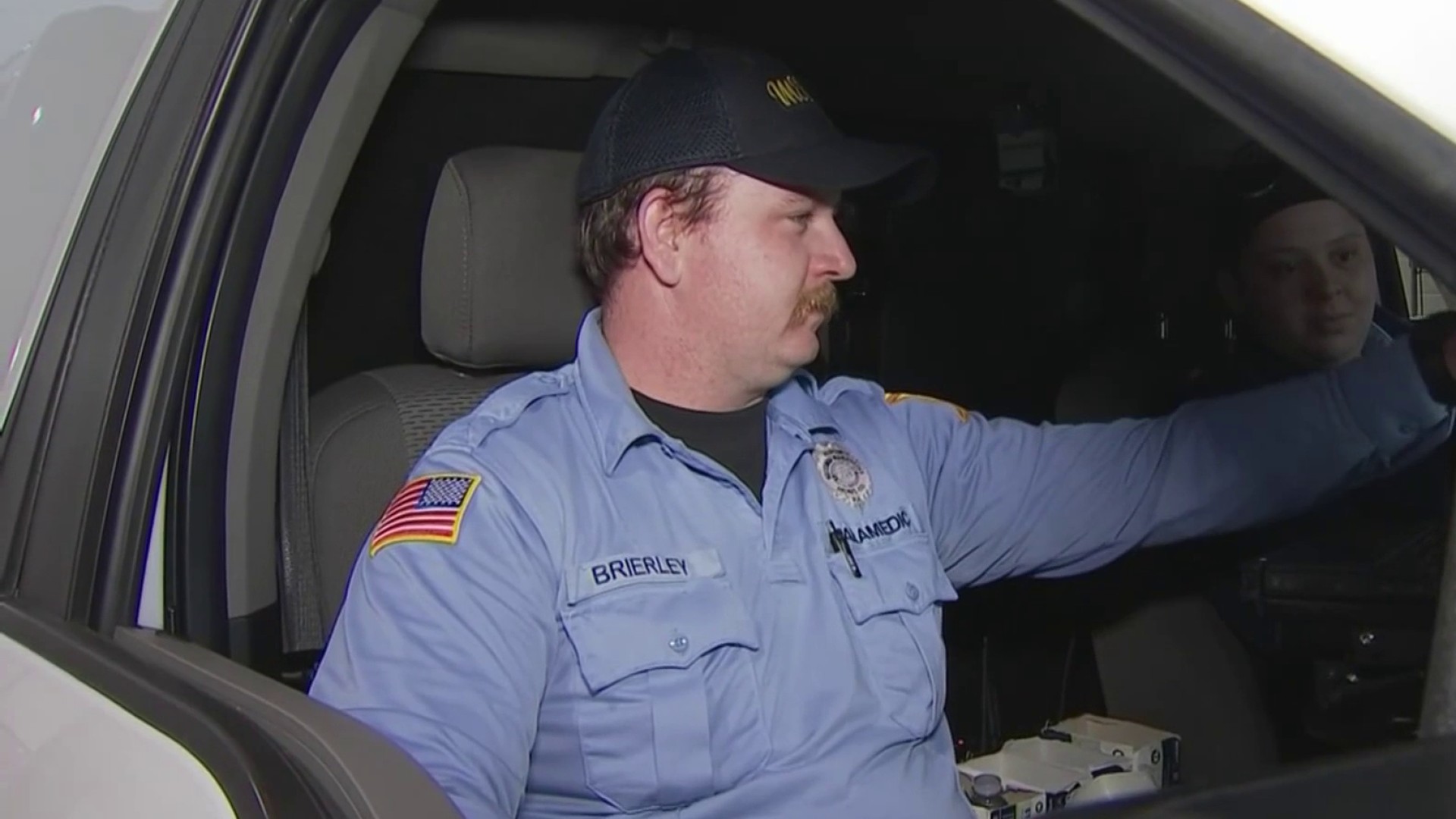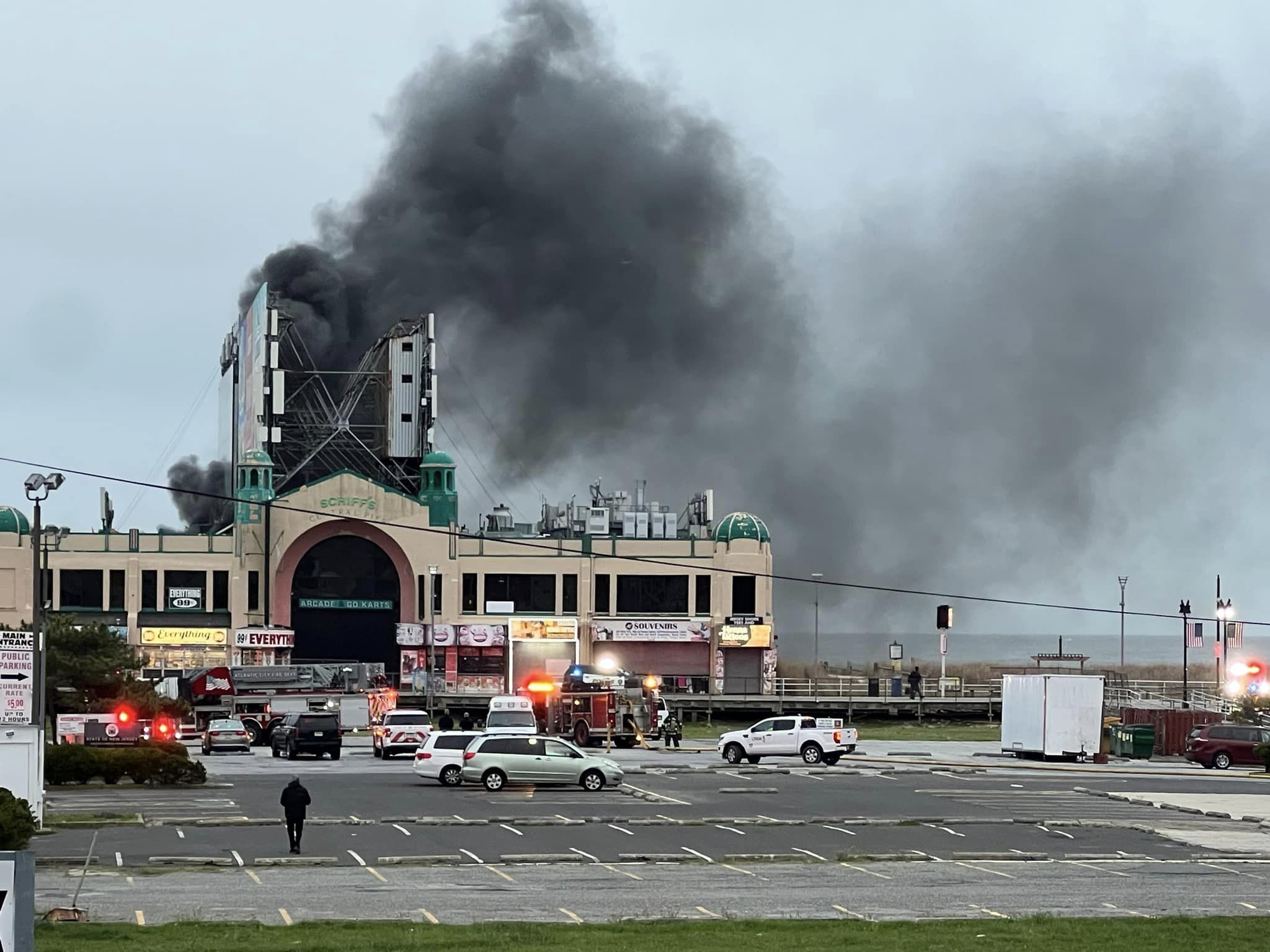The Pennsylvania Legislature on Thursday sent Democratic Gov. Tom Wolf the main budget bill with hours to spare before the start of the new fiscal year, but left undone the challenge of figuring out how to raise more than $1 billion in new revenues to fund it.
The House approved the more than $31.5 billion spending package that boosts public school support by $200 million and directs new money to tackle the state's opioid drug crisis by a vote of 144 to 54.
"We've been working in a bipartisan manner, let's continue," Appropriations Chairman Bill Adolph, R-Delaware, told members. "Now is the time, take the ball over the goal line. This budget is a compromise — it's not everything that everyone wanted."
Some of 45 House Republicans who voted against the bill along with nine Democrats made clear its increase in spending and the prospect of new taxes were not at all what they want.
"I feel like I've stepped into an episode of 'The Twilight Zone,'" said Rep. Dan Truitt, R-Chester. "We're about to vote on a bill to spend $31.6 billion and we literally don't know where we're going to get the money."
Wolf has 10 days to decide what to do about the bill, which he did not negotiate ahead of time, adding time pressure to touchy revenue negotiations that could easily derail the budget.
The governor issued a statement after the vote that was generally supportive but cautioned he would not sign the main budget bill without a "sustainable revenue package to pay for it."
Local
Breaking news and the stories that matter to your neighborhood.
Among the revenue sources under consideration are higher tobacco taxes, money from tax delinquents, expansion of legalized gambling and changes to how wine and liquor are sold.
Some senators have questioned proposed revenue assumptions as overly optimistic and raised doubts about House legislation to expand casino-style gambling to airports, off-track betting parlors and casino-owned websites. The bill would make Pennsylvania the fourth state to authorize internet gambling.
Details have not been made public about a proposal to generate new taxes from cigarettes and other tobacco products.
"There still remains to be seen how anyone's going to pay for this budget, because we don't have currently the revenues on track to pay for it without legislation that hasn't been revealed to the general membership," said Rep. Daryl Metcalfe, R-Butler.
Senate Majority Leader Jake Corman, R-Centre, said he was determined to avoid a repeat of the budget standoff with Wolf during the governor's first year, a costly and embarrassing fiasco that only ended a few months ago when Wolf allowed legislation to take effect without his signature.
"Talks continue to be cordial and progress," Corman said. "We are working hard to arrive at a revenue plan that provides additional money for the state without asking taxpayers for more income or sales taxes."
The budget bill that passed Thursday amounts to a 5 percent increase, or $1.5 billion, and forces significant concessions from Wolf. The higher spending is driven primarily by pension obligations, prisons and human services, as well as a 3 percent increase in aid to public school operations and instruction. It also contains a $39 million increase in support for colleges and universities, a 2.5 percent jump.
Rep. Mike Sturla, D-Lancaster, said he was voting for the bill but was not enthusiastic about it.
"This is the first budget bill in five years that doesn't increase the structural deficit," Sturla said. "It doesn't reduce it, but it doesn't increase it, and that's a step forward."
The Legislature's Independent Fiscal Office has projected the deficit to be $1.8 billion in the 2016-17 fiscal year.
Others said they were pleased with money to cut a waiting list for services for the disabled, and to fund three cadet classes at the state police academy that will produce 180 troopers.
The plan leaves unanswered the question of how the state will pay for what could be billions of dollars in borrowing for school construction costs in the coming years.



